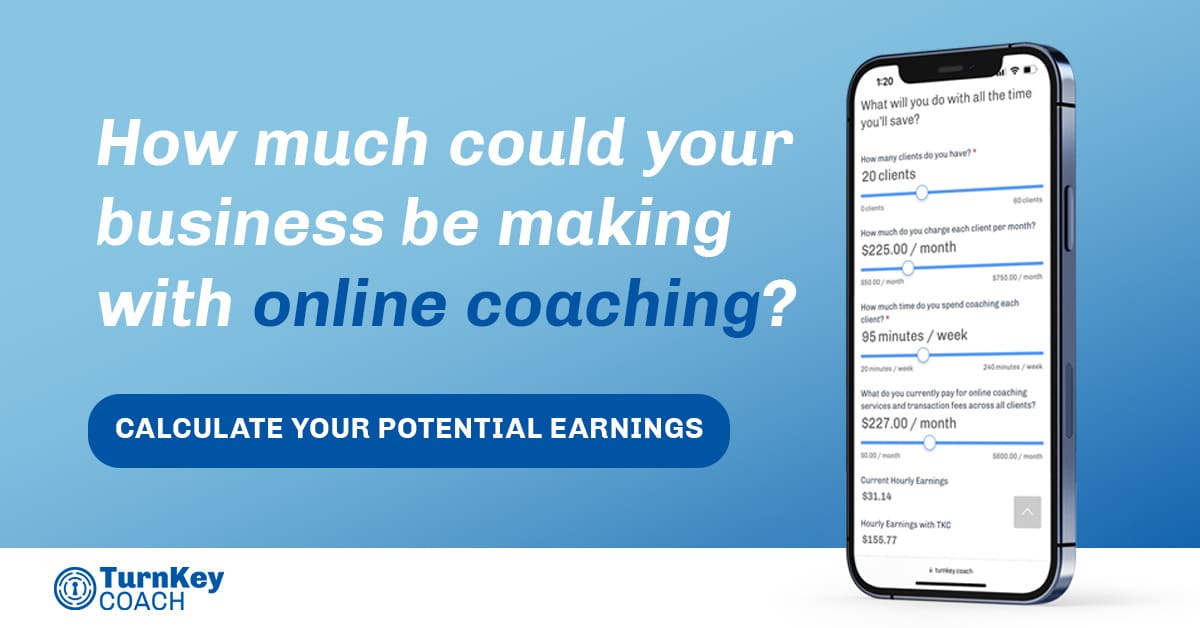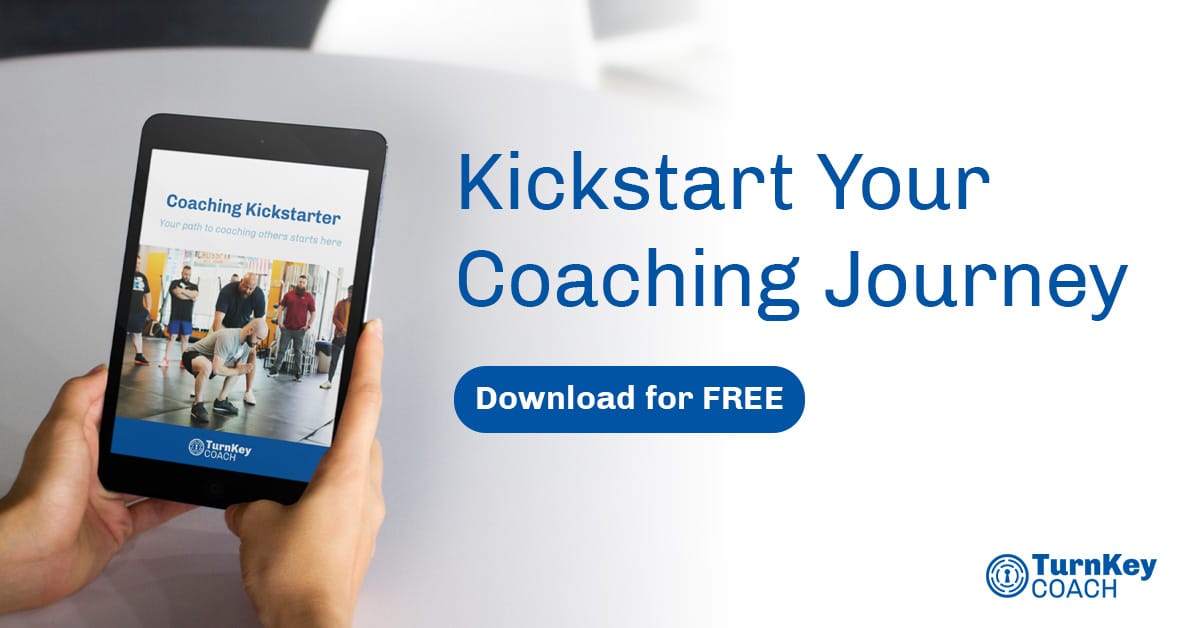
The Flywheel... Not the Funnel
Reimagining the traditional marketing funnel as a flywheel, businesses can achieve lasting momentum by focusing on creating high-quality, educational content that builds trust and positions them as authorities in their field.
Much has been said about marketing funnels, a model that represents the journey a potential customer takes from first becoming aware of a product or service to making a purchase decision. The funnel is typically divided into several stages, each with specific marketing strategies used to guide prospects.
At the top of the funnel, the goal is to create awareness about your brand. Customers learn about your offerings for the first time from conventional advertising, social media campaigns, SEO, or similar marketing efforts. After engaging with your content, they might sign up for a newsletter or read blog posts. An interested person will compare your products or services to other similar brands, and they might be swayed by discounts, free trials, or personalized follow-ups.
After a purchase, the focus shifts to smooth transaction processes and excellent customer service. To encourage repeat purchases, a business could use loyalty programs, feedback surveys, or exclusive offers. A customer satisfied to this point can become an advocate for your brand, sharing their positive experience with others. This can lead to reviews, referrals, or sharing on social media—bringing new prospects to the top of the funnel.
Instead of a funnel, try thinking of this concept as a flywheel. A flywheel is a large, heavy disc that stores potential energy for doing work, like grinding grain. It has a lot of mass, so it takes a lot of effort to get it moving—but once it’s moving, its momentum is very difficult to slow back down.
The difference is that people are buying increasingly from personalities instead of brands, which means instead of simple advertising, you need to establish yourself as an authority in your field. Do this by putting out high-quality content that informs and educates your audience instead of simply soliciting your products and services. This takes a lot more initial effort, which is why we think a flywheel is a better analogy.
All of the content you put out attracts and engages people with your message. The people with whom your message resonates will become promoters, sharing your great content and their great experiences—attracting others and building a consistent momentum over time.
This positions you as an educator instead of a salesman. The public is more distrustful of brands than ever before, so simple advertising is not as effective today as it once was. Providing real value with no strings attached will build a long-lasting relationship with your audience.
How can you provide value to your target demographic? This takes more care and effort in the beginning, but the payoff is a stable customer base that keeps coming back and tells others about you.


